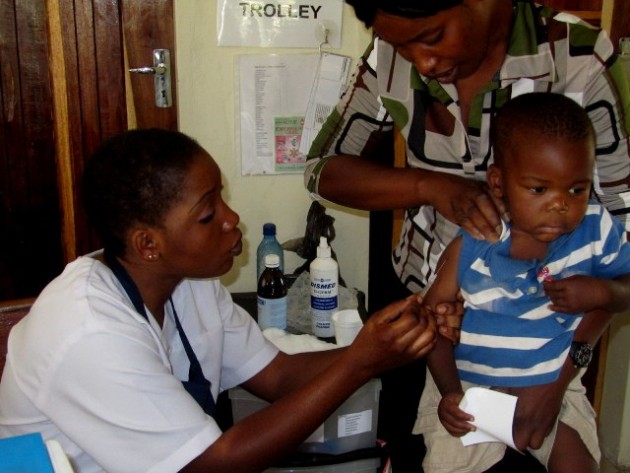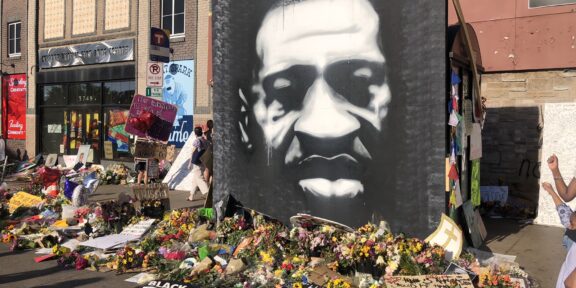Howard Dean Selected as Democratic National Committee Chairman
This time, Howard Dean’s big celebration came after a win. And no one’s screamed yet. That’s because last Friday, the Democratic National Committee elected him as its chairman for the next four years. Dean, who will replace outgoing chair Terry McAuliffe, will be charged with rebuilding a party that suffered big losses on every level in the most recent election. To do it, he will have to re-energize the base around something other than a hatred of the Bush administration and refurbishing the party’s image with the electorate.
“Republicans wandered around in the political wilderness for 40 years before they took back Congress,” Dean said in his acceptance speech according to CNN. "But the reason that we lost control is because we forgot why we were entrusted with that control in the first place.”
“The American people cannot afford to wait for 40 more years for us to put Washington back to work for them,” he continued. “It won’t take us that long — not if we stand up for what we believe in, organize at the local level, and recognize that strength does not come from the consultants down. It comes from the grass roots up.”
Dean, famous for his meteoric rise and fall during the 2004 Presidential Election, drew much of his popularity from young Americans, whose hands he promised to return power to should he be elected. Despite the way young voters flocked to him a year and a half ago, it seems that today, black college students have mixed views on his value to the Democratic Party.
Some, like Daniel Blakemore, a senior political science major at Howard University in Washington, D.C., said they were glad to see Dean selected to lead the Democrats.
“I am glad to see such a progressive Democrat rise to the role of party chairman,” Blakemore said. “In this capacity he can bring his drive and vision that he brought to his campaign, which he exhibited by motivating young Democrats and embracing the use of the Internet in fundraising. The Democratic Party needs to move past the same old partisan rhetoric that has yielded one Democratic president in 25 years and I believe that Governor Dean is the person to take the Party to the next level and make it more competitive against the RNC.”
Others, like Nicholas Austin, a junior English/pre-law major at Morehouse College in Atlanta, Ga., said that they were leery that the same things that undid Dean’s presidential aspirations, namely his liberal reputation and penchant for damaging sound bites, would hurt the entire party under his watch.
“I think they should have picked a "low-key" personality,” Austin said. “They need someone to unify the fractured party. Howard Dean is often times seen as an extremist. He won’t be good for mending the party.”
In order to persuade members of the DNC to entrust him with their vote, Dean promised to fulfill his entire four years, ruling out a potential 2008 presidential run. Several students, like Erika Guy, a sophomore chemistry major at the Georgia Institute of Technology in Atlanta, Ga., said that while they would have liked to see Dean give it another go, they took him at his word.
“If he said he isn’t running, then he probably won’t,” Guy said. “All that would do is hurt his campaign. [The Republicans would say] he went back on his word back in ’05.’ It would be flip-flop all over again.”
Whether or not they agreed that Dean was the man for the DNC job, most everyone felt as though he had his work cut out for him in the new role.
“He must build upon the party unity that resulted from the major anti-Bush sentiment across the country,” Blakemore said. “He must continue to fundraise to not only strengthen the national party, but to also be able to provide vital resources to our state and local party affiliates. He must clearly articulate what makes the Democratic Party unique, why it is still relevant, and what it stands for.”





